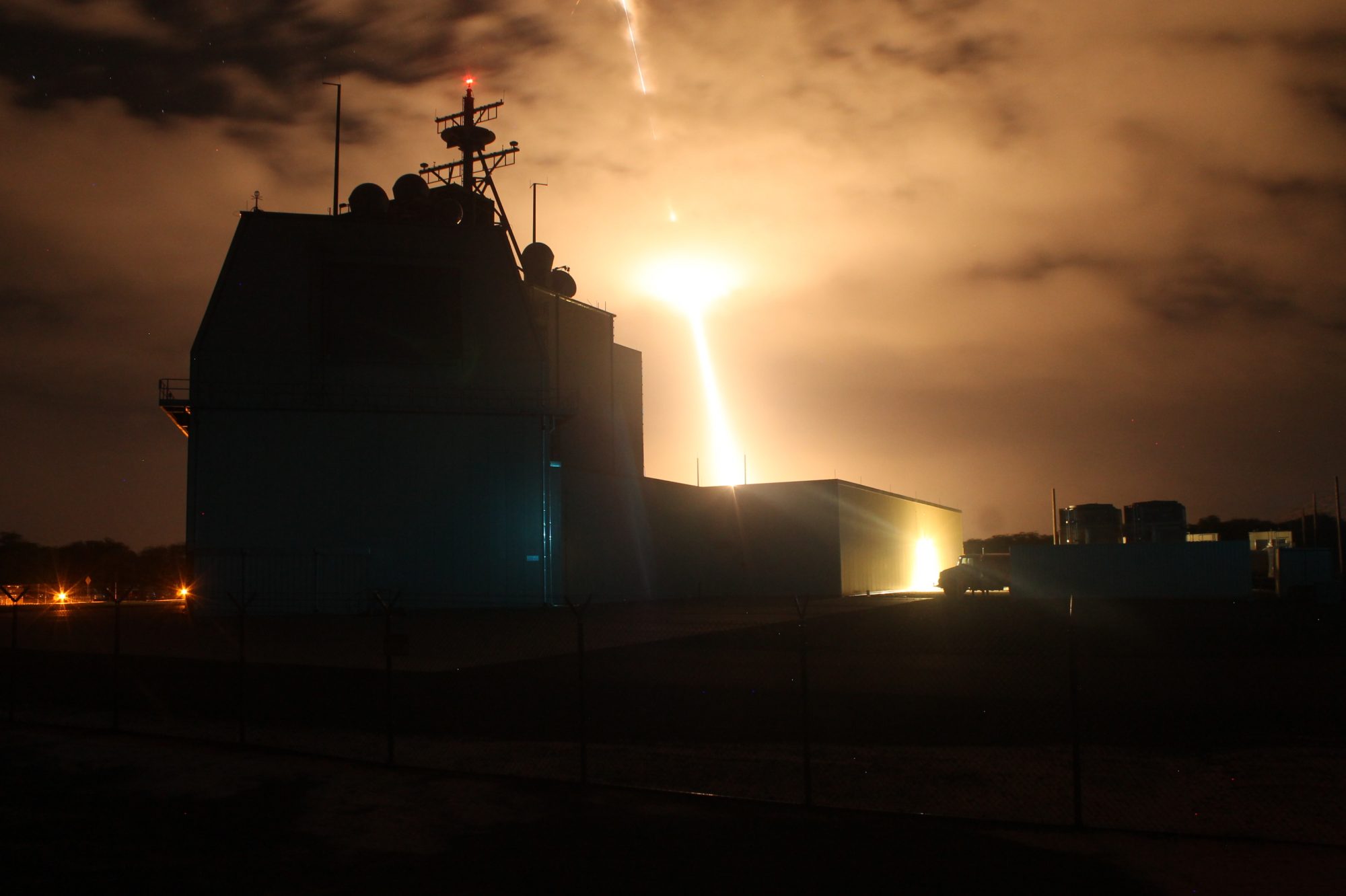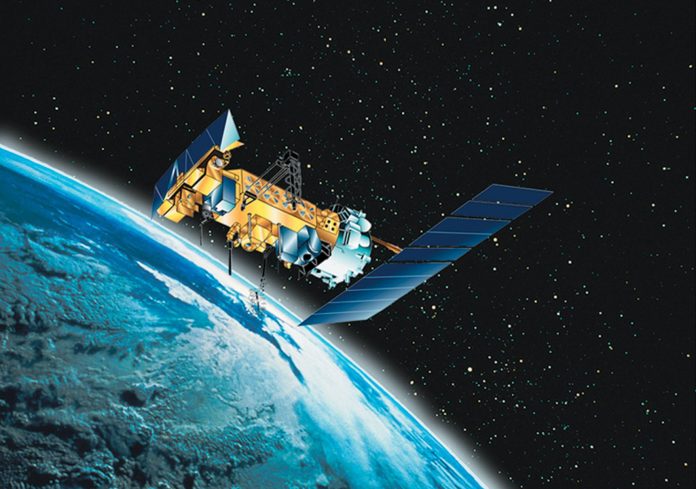Today (27 March), India shot down their own satellite as part of Mission Shakti, becoming a space power like the USA, Russia, and China
India has proven itself as capable of intercepting a satellite in outer space. The technology used by the Defence Research and Development Organisation (DRDO) is the ASAT missile, which is part of India’s ongoing focus on defensive weaponry.
There was no space debris as the satellite involved was destroyed in the lower atmosphere.
The success of the test is regarded as a moment for national pride by the Indian Prime Minister Modi:
#MissionShakti is special for 2 reasons:
(1) India is only the 4th country to acquire such a specialised & modern capability.
(2) Entire effort is indigenous.
India stands tall as a space power!
It will make India stronger, even more secure and will further peace and harmony.— Chowkidar Narendra Modi (@narendramodi) March 27, 2019
Shakti can be translated to English casually as ‘strength’, or accurately as ‘divine power’, often invoked in relation to female goddesses and a sense of spiritual strength.
The current Earth missile systems of India had been forged in a two-pronged approach – land and high altitude- able to destroy a missile from 5000km away. The dynamic between Pakistan and India continues to fluctuate, with diplomatic interventions from other States cited as the most substantial reason these countries have not fired on one another.

The DRDO tested a high-altitude missile in 2006, which made India the fourth country to have successfully developed an anti-ballistic missile system, alongside the fourth country to establish power in Space.
The other three countries are the USA, Russia and Israel – all considered to be at the forefront of weapon-testing on the world stage, whilst State violence continues unfolding within the borders of their own nations.
The successful interception by a missile of a flying satellite further embedded India amongst the USA, Russia and China – making it the fourth State to establish power in space.
India insists it is not currently in violation of any international space treaty or law. The country is a signatory to the main internatinal law on the subject, the UN 1967 Outer Space Treaty. This prohibits ‘only weapons of mass destruction’ in outer space.
This means that firing missiles at satellites is currently legal for all signatory parties.
With recent tensions on the Pakistan-India border and the Indian National Election looming in two weeks’ time, critics will question the timing of this space technology test.
Prime Minister Narendra Modi commented:
“India has undertaken 102 spacecraft missions consisting of communication satellites, earth observation satellites, experimental satellites, navigation satellites, apart from satellites meant for scientific research and exploration, academic studies and other small satellites.
“India’s space programme is a critical backbone of India’s security, economic and social infrastructure.
“The test was done to verify that India has the capability to safeguard our space assets. It is the Government of India’s responsibility to defend the country’s interests in outer space.”
When asked about the potential of an arms race in space, Prime Minister Modi emphasised protection over aggression:
“India has no intention of entering into an arms race in outer space. India has always maintained that space must be used only for peaceful purposes.
“India believes that Outer space is the common heritage of humankind and it is the responsibility of all space-faring nations to preserve and promote the benefits flowing from advances made in space technology and its applications for all.”
“We want to use modern day technologies for the security and welfare of our 1.3 billion people. A strong India can be a guarantor of peace in the region and beyond.
“Our strategic objective is to preserve peace, not prepare for war.”











